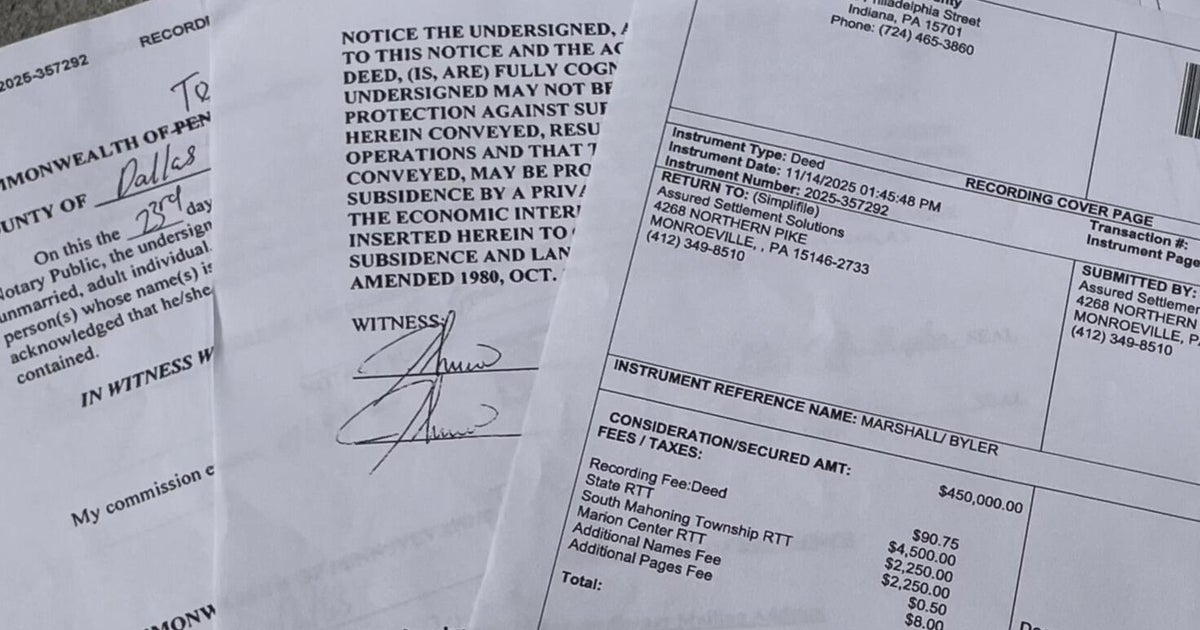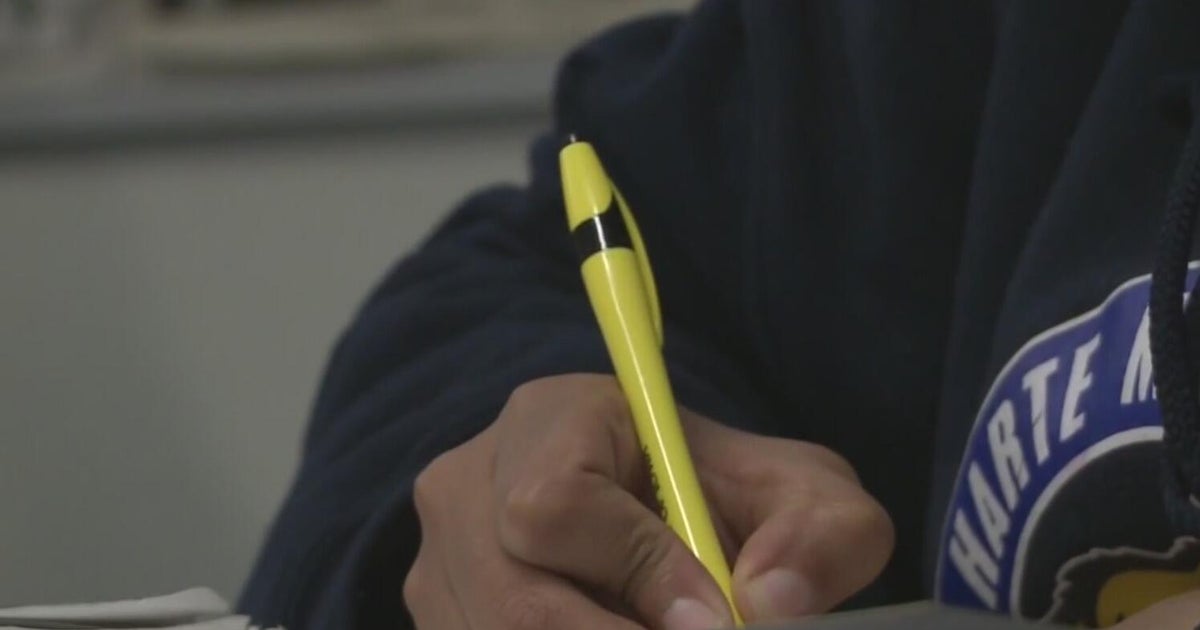The Cost Of College Skyrockets
MIAMI (CBS4) – The cost of attending college in the last few years has skyrocketed with a four- year degree from a public university costing on average more than $37,000.
Most students can't afford the increases and they find refuge in those student loans which add up and turn into loan debt.
Last year, more than 1.7 million students graduated with Bachelor's degrees in the United States, with one-in-ten of those graduates under the age of twenty-four currently unemployed.
The cost in correlation with a dwindling job market could cloud the paradox, which could become 'Can you afford college?' but also 'Could you afford not to go?'
Courtney Salas, a student, had various options for college including The University of Miami and Florida International University. But when she crunched the numbers she realized the hurdle it could be to afford a $39,000 dollar per year tuition at UM or even a $6,500 a year at FIU.
So instead, Salas opted for the two-year Honors program at Miami-Dade College where she is getting paid to get her history degree. With stipends for her books and getting money back from her Florida Pre-Paid, this young aspiring lawyer can now look forward to law school.
"Now I have more savings for the next two years and seeing that I want to go to law school that's going to be a little bit of an expense," said Salas.
A second alternative could be attaining certificates in specialized fields such as Technology, Computer Science and even the Health sectors. Shorter time in college means less loans and bills.
Since you are twice as likely to get a job if you have a degree, according to a 2012 Brookings Institute report, 24% of jobs are available to those without degrees as opposed to 43% job openings to those with college diplomas.
This could make the effort to graduate worthwhile.
The optimal goal is finding alternative ways to maintain debt low. According to the Federal Reserve Bank of New York, 68% of students had debt when they graduated and 10% of students owed more than $54,000; 3% owed more than $100,000.
"When you graduate from college if you have an un-surmountable amount of debt it's going to take you years to get out of that," said FIU Career Counselor Yvette Duarte. "So finding ways to finance your education while you're still in school is paramount."
Remember, your first step should always be to check availability of Financial Aid being offered.
"Go through the process, find out what kind of money we would be able to help you with, and then make the decision whether it's affordable," said Ed Gillis, The University of Miami's Dean of Admissions. "About 75% of students who come here receive some sort of financial assistance."
The financial assistance is there don't rule out a potential lucrative career just because it seems to be a hefty debt; financial advisors advises students to invest time in educating themselves with the proper research of their available options, so that they don't get caught off guard with skyrocketing loan prices.
There are also summer classes available at local colleges and students can transfer those credits to their primary college thereafter; it can save you money and help you graduate faster.







